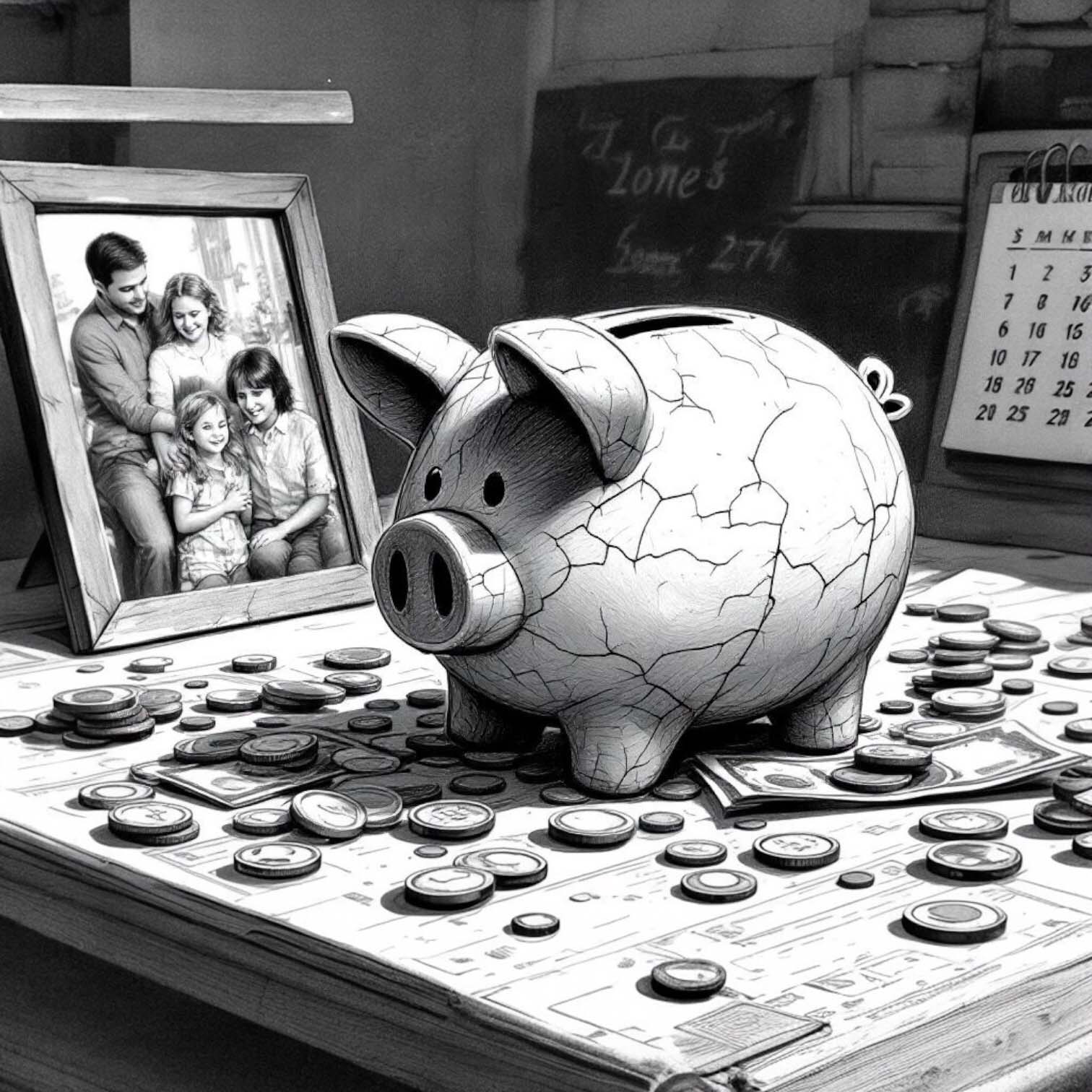Blog
BLOG
Opinion and economic analysis

WHY DOES YOUR SALARY INCREASE BUT YOUR LIFE DOESN’T IMPROVE?
The real disposable income of households remains below the levels of 17 years ago. This phenomenon is not new, but it has worsened in the last legislature.
Spanish households today pay 14.4% more in income tax (IRPF) than in 2008, even though their real disposable income has fallen by 4.3%. This gap can be explained by the effect of inflation on a tax system that has remained frozen in its nominal parameters: personal allowances, deductions, bonuses, and especially tax brackets.
In the absence of automatic indexing, the effect is clear, taxpayers move up a tax bracket not because their purchasing power has improved, but because their nominal wages increase to adjust to inflation. This phenomenon, known as fiscal drag or “cold progressivity,” is a form of implicit tax increase that is unlegislated but deeply regressive in economic terms.
In just four years, from 2021 to 2024, income tax revenue has increased by 36.9%, driven by inflation, employment improvements, and a rise in the effective tax rate. This increase in revenue has allowed the deficit to be reduced to 2.8% of GDP, a figure that the markets and rating agencies will undoubtedly applaud. However, this fiscal consolidation has been achieved at the cost of the economic capacity of households, whose incomes have not kept pace with the cost of living.
A complete analysis of the fiscal effort —beyond the fiscal pressure measured as a percentage of GDP— reveals a system that is progressively more demanding without being proportionally more redistributive. The Spanish fiscal paradox is that more is being demanded from taxpayers without them perceiving an equivalent improvement in public services or their quality of life.
It is concerning that, in the midst of an economic expansion phase, indicators of subjective well-being are showing such negative signs. According to Funcas, 80% of households consider their economic situation to be “bad” or “average.” This is not just a matter of perception. It is an empirical observation of the mismatch between macroeconomic statistics and household economies.
The illusion is completed with a tax structure that penalizes consumption (through VAT), burdens labor income in an inertial way, and is unable to adapt to changes in demographic structure, the labor market, or the composition of capital. All of this, without credibly addressing the most important fiscal challenge, the sustainability of the public pension system, whose structural deficit threatens to consume a significant portion of future budgetary margins.
Spain is trapped in a model that confuses fiscal sustainability with social sacrifice. The revenue surplus, instead of being a sign of efficiency, hides a structural error, the loss of legitimacy of the tax system in the face of a population increasingly aware that paying more does not guarantee a better life.







